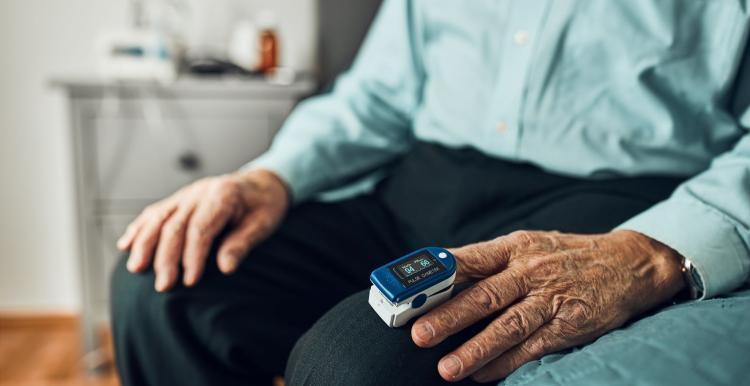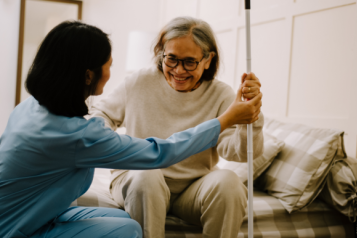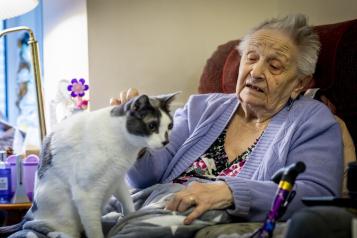Virtual wards - what are your views?

On virtual wards, patients are looked after at home rather than in a hospital. They are in regular contact with healthcare professionals, like a doctor or nurse, can be given equipment to monitor their health from home, with the information fed back to the team looking after them. This could include devices that are worn to measure things like their pulse, blood pressure, or the amount of oxygen in their blood.
Many hospitals and community services provide virtual wards to patients because of the increasing evidence of the benefits they bring to both patients and carers and the extra capacity they provide. It means a patient can either be at home without the need for a hospital admission or discharged home earlier after a shorter stay in hospital.
Research is beginning to identify that health outcomes are at least as good, and in some cases better, when patients recover at home with the support of doctors and nurses and remote monitoring, where patients can see their family, friends and pets, exercise and eat their normal diet. They have been shown in some cases to improve patients understanding of their condition and how to manage it, to reduce further episodes of ill health and hospital admissions and to maintain independence.
Thousands of people across England have benefitted from being treated at home on a virtual ward, and the NHS is keen to make virtual wards available for more people. NHS England - in the North West would like you to complete the following questionnaire, which will help them to understand what concerns people may have about being treated at home, so they can address them as they develop further services for virtual wards.
The questionnaire will close at the end of January 2024.
More information on virtual wards is available on the NHS England website:

